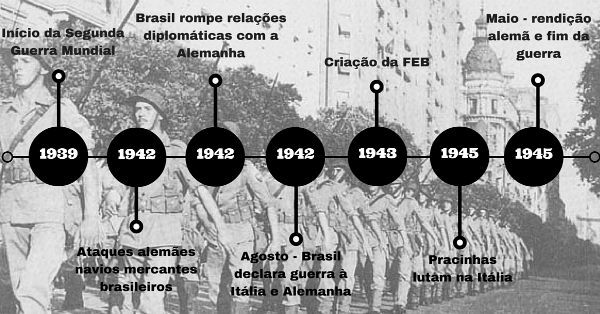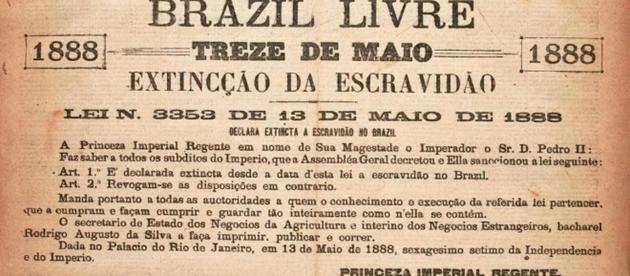The arrival of the Portuguese to the Brazilian coast is one of the great controversies to be investigated by historians interested in maritime-commercial expansion and the development of the Brazil Colony. In this regard, several signs already prove that the official announcement of the discovery - on April 22, 1500 - it is just a formality far removed from other Portuguese navigations that were kept under strict secrecy.
According to some recent studies, the discovery of Brazil could even have taken place under the leadership and eyes of other navigators. According to a text from the end of the 18th century, a French navigator named Jean Cousin could have reached Brazilian lands in 1492. Another thesis still works with the possibility that the Spanish navigators Vicente Pinzón and Diogo de Lepe arrived in the vicinity of Ceará and Amapá a year before the Cabralina squadron.
With regard to Portugal, this mystery about the date of discovery manifests itself initially in a strange silence that elapses between 1488 and 1497. On the first date, the Portuguese recorded the famous voyage of the navigator Bartolomeu Dias to Cabo da Boa Esperança. In the last one, we have the record of Vasco da Gama's trip to the Indies. The curious thing is that between these two trips, the Portuguese Crown does not have a single record of other navigations in the South Atlantic.
Starting from the idea that the time of great navigations was experienced, it would be at least strange that the Portuguese did not organize other voyages by sea in search of other lands or valuable routes commercials. In addition, we must take into account that the Portuguese Court was surrounded by spies from other countries, generally interested in exploring a new path by sea or information that could guarantee new opportunities of business.
With regard to navigations at that time, we must also take into account that the Portuguese had great difficulties to overcome the winds and currents that made it difficult to cross Cabo da Boa Hope. Given this obstacle, it would be plausible that the Portuguese tried to seek a point further away from the African coast to head towards India. Probably, in the creation of this alternative route, some navigator would have, at least, sighted the Brazilian coast.
From a political point of view, the Portuguese could also keep Brazil secret, since no political agreement determined the exploration of the discovered lands. For this reason, until the Treaty of Tordesillas was signed in 1494, Portugal would have left an unknown representative in Brazilian lands called “bacharel da Cananeia”. This theory, defended by historian José Carlos Borges, further reinforces an arrival in Brazil prior to 1500.
Undoubtedly, the greatest indication of this farce lies in the fact that the Portuguese Crown renegotiated the limits of exploration with Spain, through the signing of the Treaty of Tordesillas. This indicates that the Portuguese would have collected new information about the correct distance from the coast and, therefore, they should renegotiate the exploration zones so that Brazil could be assured in its Domains.
Finally, we still have to account for an account by the navigator Duarte Pacheco, who, in 1488, was sent to the South Atlantic to “discover the western part”. With this last clue, we can be sure that the discovery and announcement of Brazilian lands made part of a detailed plan that, finally, reveals the stratagems and disputes that marked the time of the great navigations.
By Rainer Sousa
Master in History
Do not stop now... There's more after the advertising ;)
Would you like to reference this text in a school or academic work? Look:
SOUSA, Rainer Gonçalves. "Brazil, a Portuguese secret"; Brazil School. Available in: https://brasilescola.uol.com.br/historiab/brasil-um-segredo-portugues.htm. Accessed on June 27, 2021.



